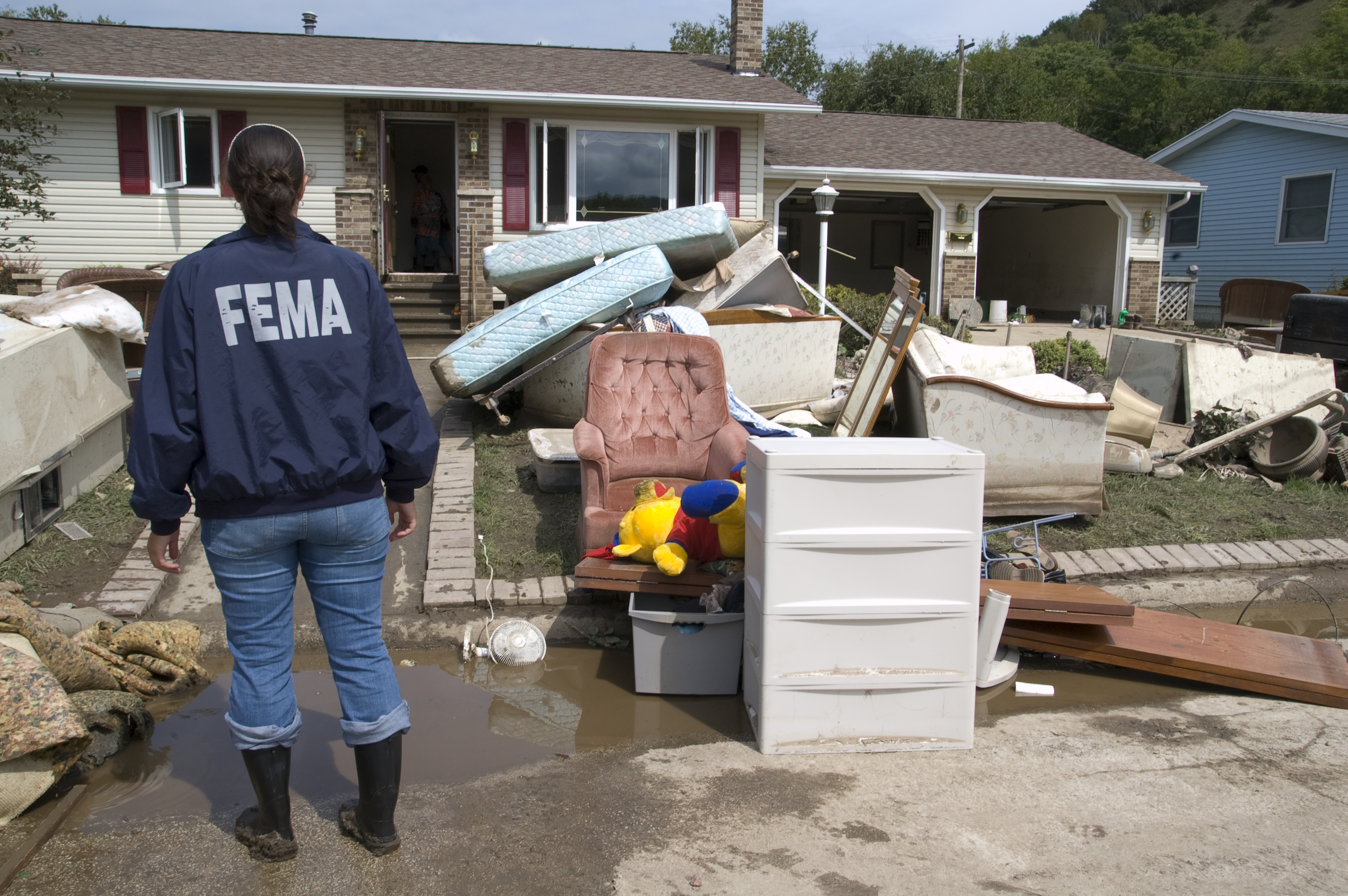The most common natural disaster in New Hampshire is flooding, according to ReadyNH, New Hampshire’s emergency preparedness website. Each spring, a combination of heavy rain and melting snow creates optimal conditions for overbank flooding along our state’s thousands of rivers and streams. One more drop of rain and your backyard, your basement, and even the upper levels of your home may by in danger. How do you protect your home before the floodwaters arrive?
Preventing Damage in Your Basement
The most likely place for floodwater to cause damage is in the basement of your home. Water seeps and flows in through cracks and flaws in the foundation; it may enter through windows or bulkheads, or through any other path or passage into your basement.
Whether your basement is finished or unfinished, the risk to your property is great once the water comes in. With advance warning, there are actions you can take to mitigate these risks. Take note of these suggestions:
- Examine your home’s foundation for cracks, splits, or weak areas and, if possible, repair trouble spots. Ideally, you will be able to mend these breaks with foundation sealant from the hardware store, but if there is any doubt, have a professional inspect your foundation and suggest the best course of action.
- Obtain and place sandbags around the outside of all basement windows, doors, and bulkheads. Filling and placing sandbags is a two-person job. As you fill the sandbags, stack them like bricks in a staggered manner, creating levees between your home and the water. Learn more about how to use sandbags with these tips from the U.S. Army Core of Engineers.
- Remove everything from the basement. Items remaining in the basement when water enters will likely be damaged beyond repair. Any appliance or item that cannot be removed must be elevated as high as possible. A few inches of elevation could make a significant difference.
- Take care with electrical circuit breakers and fuse boxes. If a flood is certain, turn off the electricity to your main breaker or fuse box. If you have circuit breakers, flip the switch of each individual breaker to the off position. Never touch the fuse or breaker box if your feet are on a wet floor.
- Plug any toilets, sinks, showers, or bathtubs in the basement to lower the risk of wastewater back up. One of the most hazardous factors in a flood is the uncontrolled overflow of wastewater and sewage.
Preventing Flood Damage to the Main Floor
Circumstances may arise when the floodwater has reached or will reach the first floor of your home. If the basement is flooded and the water is still rising, follow your family’s emergency action plan and prepare to evacuate the home. If your family does not already have an emergency action plan, click here for helpful tips on creating one. Stay alert for publicly broadcast evacuation notices.
The dangers associated with rising floodwaters are unpredictable and can escalate quickly. Environmental conditions may change in a moment’s notice. In an emergency, time is your most valuable asset. You need every minute of preparation to evacuate safely. Well in advance and only if you have sufficient time, complete the following steps before evacuating:
- Unplug all electronics. Televisions, computers, kitchen appliances, and any other small electrical appliances should be unplugged before you leave.
- Move valuables including rugs, clothing, books, other media, and electronics to the highest portion of your home’s interior. It may be enough to simply stack one atop another. Use time wisely.
- Plug the toilets, sinks, showers, and bathtubs. Wastewater and sewage backups cause significant damage and create a severe health hazard.
- Turn off the water, gas, and electricity if you have not already.
- Move and secure all household chemicals (bleach, drain cleaners, laundry detergents, antifreeze, poisons, oven cleaners, motor oil, etc.) at the highest point possible. Limiting or negating the toxicity of the household environment you have to return to is extremely important.
Preventing Other Damages
Around the exterior of your home, you may have items such as propane tanks, storage sheds, dog houses, landscaping tools, lawn ornaments, and other vehicles. To lower the risk of these items causing or sustaining damage, secure them to fixed objects, close any windows, and lock all doors before you evacuate.
In the event of a flood, it’s important to understand that a standard home insurance policy does not provide coverage for flood damage. For this reason, one of the most important steps you can take to protect your home against flood damage is to secure a flood insurance policy. To get a free flood insurance quote, please call us today at 603-882-2766 or click here to submit our online quote request form.
At Eaton & Berube, the protection of your home and meaningful assets is important to us. For additional safety tips and useful resources, please subscribe to our blog or contact us.
